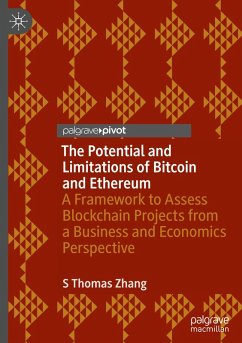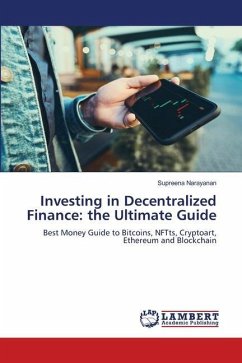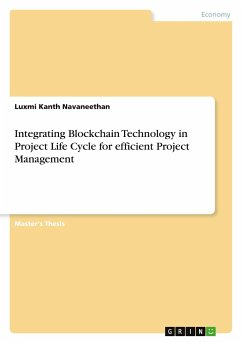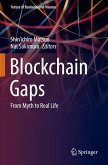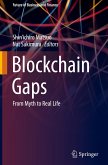There is a lot of recent excitement about blockchain but the debate is often not conceptually grounded. Blockchain's innovation is more organizational than technical, and this Pivot discusses its conceptual elements to better evaluate its potential applications in the real world. Rooted in the basic technical concepts of blockchains, this book focuses on blockchain's potential and limitations from a social science perspective, drawing on areas such as economics, business, and law to discuss what types of applications can make sense for blockchains and which probably do not. It begins with a review of earlier attempts to create similar uses, then discusses Bitcoin and how it differed from other attempts at a decentralized currency. It also outlines the mechanisms of blockchain, its economic and legal connections, the role of smart contracts, and critical issues affecting the technology. It will be of interest to researchers, students, and policymakers of financial technology, economic innovation, regulation, and computer science.
Bitte wählen Sie Ihr Anliegen aus.
Rechnungen
Retourenschein anfordern
Bestellstatus
Storno

